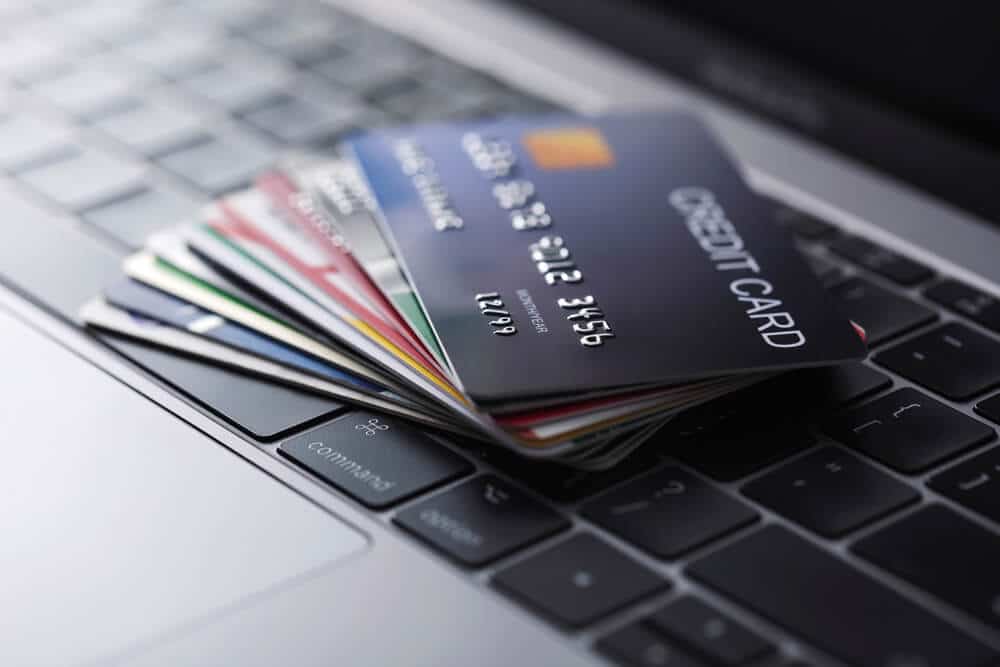Ah, credit cards. Are they a good thing? Are they a bad thing? Well, it tends to depend on how you use them.
There’s a good chance you were brought up being advised not to get a credit card unless you absolutely had to.And while that’s relatively sound thinking, credit cards are widely prevalent and can offer better financial freedoms and mobility, as well as an endorsement of good (or bad) financial behaviours.
Indeed, use a credit card well and it can work to your advantage. This is a short guide on how to do that, so you end up having a credit card for the right reasons rather than the wrong ones.
What are some of the practical reasons to get a credit card?
There are a few core reasons why people use credit cards:
- To spread the cost of purchases
- To consolidate debts
- To earn rewards and cashback
- To boost their credit rating
When you come to think about getting a credit card, you need to look at the reasons behind it and whether they’re sensible or not. For example, if you want to get a credit card so you can take a ‘buy now, think later’ approach to purchasing, it’s not a good idea to get one.
If, however, you need to shift some debt onto a new 0% deal or spreadout payments on a bigbut essential purchase, you can give yourself the green light. Good credit card ownership is based on making sound usage decisions, which brings us to our next point.
Why should you use one?
Credit cards can be somewhat of an essential to get you where you need to be, especially when it comes to life’s bigger things. Likewise, if you’re sensible enough to use your credit card only when you need to, you can also take advantage of incentives credit card companies offer without harming yourself financially.
Here’s when it makes sense to utilise credit:
- Consolidating debt:
Credit cards can be used to shift your debt to avoid incurring any further debt. Say you have £5,000 of debt sat on a 0% APR credit card deal that’s about to expire, you can find another 0% APR agreement to shift that debt to so you can avoid accruing any interest. This is a sound financial management tactic to help stop debt spiralling out of control.
- You want to build credit:
Your credit rating is your key to accessing everything from phone contracts and satellite TV packages through to mortgages and loans. Credit and lending companies like to see evidence of good financial management on your record, and often a regularly paid off credit card can be a vehicle for individuals with a limited credit history to show that off. Likewise, for those with bad credit, low-ceiling, high-interest credit cards are a good way to rebuild faith in a credit score – but they must be paid off in a timely fashion
- Spreading payments:
The danger with credit cards is often to get carried away and spend more than you have. Used correctly though, you can make major payments more manageable by spreading them out over several months. That means if you have a big holiday to pay for, or you need to buy a new car, your credit card can help break the cost down affordably. No matter what you’re buying, though, make sure you know you can afford it in the first place.
- Safety:
Use of a credit card carries extra protection in the form of Section 75. Section 75 is part of the consumer Credit Act of 1974 that means your credit card provider is jointly responsible for any breach of contract or misrepresentation by a retailer or trader. In simple terms, that means if a seller or service lets you down and you paid via credit card, you can make a claim against your credit card provider to get your money back.
- Taking advantage of incentives:
Many credit cards come with incentives like one-time bonuses, cashback, reward points, air miles and more. This means you can use your credit card solely to take advantage of these features as and when they’re applicable, which could get you extra discounts or even the odd gift or two just by having the card in your pocket.
So, use a credit card the right way and several good things can come with it. The key is to not get blinded by incentives or additional buying power and stay within your financial limits.
Are credit cards a good or a bad thing, then? In reality, it’s your financial behaviours that can make them as brilliant or burdensome as you like.


